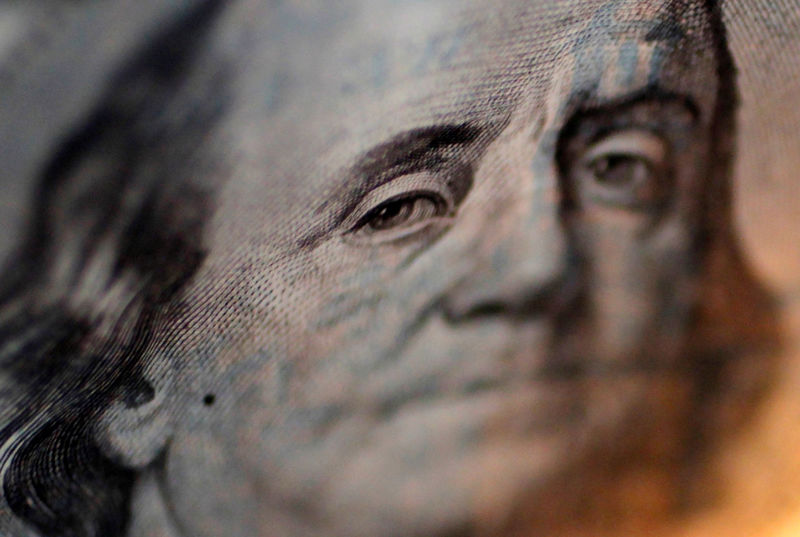(Bloomberg) -- A wide disparity in performance between European equity sectors this year may be reduced because of the weakening U.S. dollar.
Many of this year’s best-performing subgroups -- think technology, chemicals and health care -- include companies selling most outside the region, and liable to see their sales translate to fewer euros. And with investors saying more gains may well be ahead for the currency after a 12% jump in just five months since the start of coronavirus lockdowns, the prospect increases of laggards such as lenders starting to catch up.
“Technology, health care and staples may be more vulnerable to appreciating currency than sectors like real estate, utilities, retail, telecoms and banks,” said Emmanuel Cau, head of equity strategy at Barclays (LON:BARC) Plc.
So far in the second half of the year, stock performance has been about what the business is, rather than where: technology has continued its market-topping performance in Europe over the past two months, despite it having the highest sales exposure outside of the region. Among subsectors, European semiconductor firms such as ASML Holding (NASDAQ:ASML) NV and Dialog Semiconductor Plc are the most global, the group’s sales within the region barely exceeding 10%, data compiled by Bloomberg show.
A stronger domestic currency “will not be nice to exporters in the euro zone,” according to Robert Greil, chief strategist at Merck Finck. The euro rose above $1.20 on Tuesday for the first time in more than two years, and with real U.S. interest rates falling, it should move toward its “purchasing power parity” at around $1.25 through the end of next year, Greil said.
UBS Wealth Management also expects the dollar to continue weakening, under pressure from Federal Reserve and U.S. administration policies. According to Chief Investment Officers Themis Themistocleous and Solita Marcelli, a Democrat sweep in the upcoming presidential election would help weaken the currency faster, with Republican policies more dollar-friendly.
The European Central Bank is paying attention. Chief Economist Philip Lane said at an online conference late Tuesday that the “the euro-dollar rate does matter” and noted that the rate feeds into monetary policy setting, causing the euro to trim gains.
Best and Worst
While most companies use hedging strategies to minimize the impact from foreign-exchange swings, the changing currency map is likely to influence investors’ thinking as they determine their future sector exposure. And the impact is already being felt.
Denmark’s H Lundbeck A/S, which makes drugs for Alzheimer’s and Parkinson’s disease, and French fighter-plane maker Dassault Aviation SA are among companies with significant dollar sales that have seen their shares slide since the end of June. By contrast, German forklift maker Kion Group AG, which sells its products mainly within Europe, and Denmark’s DSV Panalpina A/S have both risen more than 20% over the same period.
The same is true for British companies, with the pound having also strengthened against the dollar. Among recent U.K.-based winners is Kingfisher (LON:KGF) Plc, which gets the vast majority of revenue from the U.K. and France, and whose shares are up almost a quarter in the past two months.
That said, one may not want to overplay the currency effect just yet. A challenging foreign-exchange climate could lead European exporters to address the challenges through “cost cutting and other increased efficiencies,” according to Fidelity International strategist Carsten Roemheld.
©2020 Bloomberg L.P.
